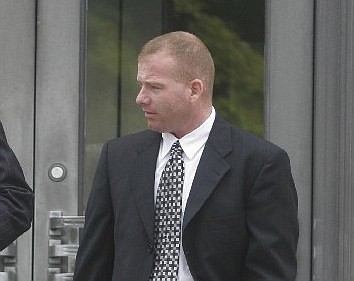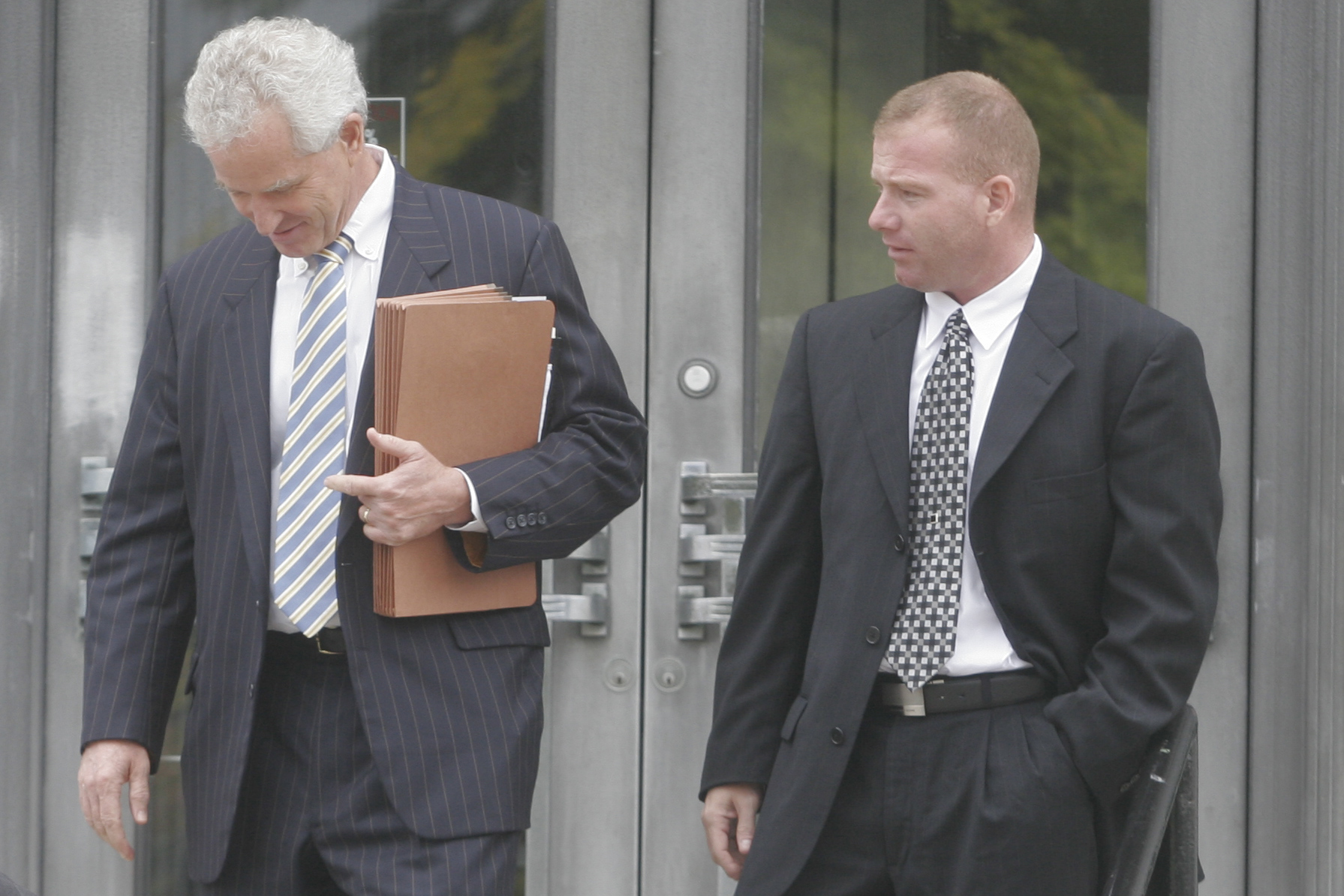Fired Chattanooga police Officer Mickel Hoback wants job back, not money
Saturday, January 4, 2014
After a nearly five-year legal battle, fired Chattanooga police Officer Mickel Hoback could get $680,000 from the city soon.
But he'd rather have his job back.
A December ruling by the U.S. Court of Appeals for the 6th Circuit upheld a 2011 jury verdict here that sided with Hoback over what was deemed an illegal firing. The jury awarded him the $680,000, and U.S. District Judge Curtis Collier added on legal fees amounting to $100,000 for his two attorneys -- Mike Richardson and Phillip Lawrence.
Despite the six-digit award, Hoback said Thursday that the lawsuit was "never about the money."
"Hopefully I don't get the money. Hopefully I get my job back," Hoback said.
Since his 2009 firing Hoback has worked at the Graysville, Tenn., Police Department and most recently as a probation officer for the state of Tennessee.
But police work is all he wants to do.
"That's the job I loved," Hoback said. "Not too many people could say, 'I love to go to work every day.'"
In 2009, then-police Chief Freeman Cooper fired Hoback after local Veterans Affairs officials called the chief and said a doctor had classified Hoback as a suicide risk and involuntarily committed him to the VA Clinic in Murfreesboro for evaluation.
Hoback had joined the police department in 2000. He served a one-year combat deployment to Iraq with the Tennessee Army National Guard in 2005. He was named the department's 2007 Officer of the Year.
He disagreed with the doctor but voluntarily committed himself the same day.
Cooper fired him, citing law enforcement certification rules that prevented people with post-traumatic stress disorder from serving as police officers.
The Murfreesboro facility's head psychiatrist released Hoback the next morning. Hoback's counselor, Michael Bearden, then head of the Chattanooga Vet Center, told officials the commitment was a mistake.
Two other psychiatrists evaluated Hoback, and both determined he could return to work. But Cooper ordered a third evaluation by a city-contracted psychiatrist who found Hoback's PTSD symptoms created too high a risk and supported Cooper's decision to fire the officer.
All three doctors reported that Hoback had exaggerated or fabricated parts of his PTSD symptoms to receive a disability benefit.
Hoback appealed the firing but a three-member panel of the City Council voted 2 to 1 against his reinstatement.
He appealed that vote to Hamilton County Chancery Court, where Chancellor Jeffrey Atherton ruled in his favor and ordered his reinstatement. In April 2013, the three-member panel again voted to not reinstate Hoback.
That vote again has been appealed to Atherton, who has not yet ruled.
City spokeswoman Lacie Stone said the city would begin processing the payment for Hoback. They have asked Atherton to consider the federal court ruling in his decision on reinstatement.
Contact staff writer Todd South at tsouth@timesfreepress.com or 423-757-6347. Follow him on Twitter @tsouthCTFP.

